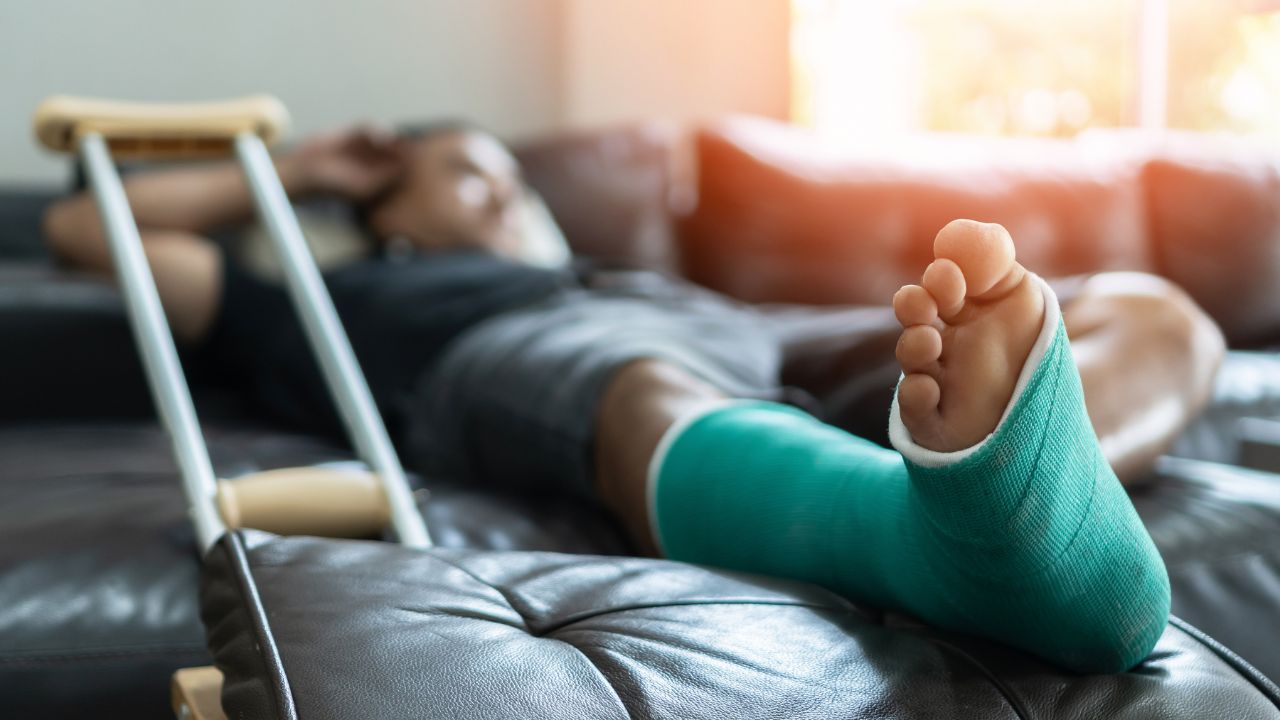
Understanding Pain Management After Orthopedic Surgery
Orthopedic surgery can be a significant step towards improving your quality of life, but it is often accompanied by post-operative pain. Managing this pain effectively is crucial for a smooth recovery and successful rehabilitation. We understand that dealing with pain after surgery can be challenging, but with the right strategies and support, you can navigate this process with greater ease and comfort.
The Importance of a Comprehensive Pain Management Plan
A well-designed pain management plan is essential for post-surgery recovery. This plan should be tailored to your individual needs and preferences, taking into account factors such as the type of surgery, your pain tolerance, and any pre-existing medical conditions. Your healthcare team, including your surgeon, pain management specialists, and physical therapists, will work with you to develop a comprehensive approach that combines medication, therapy, and lifestyle modifications.
Non-Opioid Pain Relief Options
While opioids can be effective in managing acute post-surgical pain, there are many non-opioid treatments available that can provide relief with fewer risks and side effects. These options include:
1. Over-the-counter pain relievers: Acetaminophen (Tylenol) and nonsteroidal anti-inflammatory drugs (NSAIDs) like ibuprofen (Advil, Motrin) can help reduce pain and inflammation.
2. Ice and heat therapy: Applying ice packs to the surgical site can help reduce swelling and numb pain, while heat therapy can promote blood flow and relax tense muscles.
3. Nerve blocks: Local anesthetic injections can temporarily block pain signals from specific nerves, providing targeted relief.
4. Topical medications: Creams, gels, and patches containing pain-relieving compounds can be applied directly to the skin for localized relief.
Your healthcare team will guide you in selecting the most appropriate non-opioid options based on your individual needs and medical history.
The Role of Physical Therapy in Pain Management
Physical therapy plays a vital role in post-surgery recovery and pain management. A skilled physical therapist will design a personalized rehabilitation program that helps you regain strength, mobility, and function while minimizing pain and discomfort. This may include:
1. Gentle exercises: Gradual, controlled movements can help improve circulation, reduce stiffness, and promote healing.
2. Manual therapy: Techniques such as massage, joint mobilization, and soft tissue manipulation can help alleviate pain and improve range of motion.
3. Modalities: Therapists may use devices like transcutaneous electrical nerve stimulation (TENS) or ultrasound to provide pain relief and promote healing.
Engaging in physical therapy consistently and as directed by your therapist is key to managing pain and achieving the best possible outcomes from your orthopedic surgery.
Supporting Your Body's Natural Healing Process
In addition to medical interventions and physical therapy, there are several ways you can support your body's natural healing process and manage pain after orthopedic surgery:
1. Rest: Give your body the time it needs to heal by getting adequate sleep and avoiding activities that cause pain or strain.
2. Nutrition: Eat a balanced diet rich in nutrients that promote healing, such as protein, vitamins, and minerals.
3. Stress management: Practice relaxation techniques like deep breathing, meditation, or gentle yoga to reduce stress and promote a positive mindset.
4. Assistive devices: Use tools like crutches, canes, or braces as directed by your healthcare team to protect the surgical site and minimize pain during daily activities.
Remember, everyone's healing process is unique, and it's essential to listen to your body and communicate openly with your healthcare team about your pain levels and concerns.
Collaborating with Your Healthcare Team for Optimal Results
Successfully managing pain after orthopedic surgery requires a collaborative approach between you and your healthcare team. Be sure to:
1. Attend all follow-up appointments and therapy sessions.
2. Report any changes in your pain levels or new symptoms promptly.
3. Follow your prescribed medication regimen and therapy plan consistently.
4. Ask questions and voice concerns to ensure you fully understand and feel comfortable with your pain management strategy.
By working closely with your surgeon, pain management specialists, and physical therapists, you can effectively manage post-surgical pain and achieve the best possible outcomes from your orthopedic surgery.
Conclusion
Managing pain after orthopedic surgery is a critical component of the recovery process. By understanding the various pain management options available, engaging in physical therapy, supporting your body's natural healing process, and collaborating with your healthcare team, you can successfully navigate this challenging period and work towards a full recovery. Remember, with patience, persistence, and the right support, you can overcome post-surgical pain and regain your quality of life.
 Mobility trainingHome Fitness RecoverySports Injury PreventionPersonal Physical TherapyOrthopedic SolutionsPrivacy PolicyTerms And Conditions
Mobility trainingHome Fitness RecoverySports Injury PreventionPersonal Physical TherapyOrthopedic SolutionsPrivacy PolicyTerms And Conditions
